Spinel

For hundreds of years, spinel has been confused with ruby. Up until around 1800 it was not possible to mineralogically differentiate spinel from ruby, as spinel also has a very high mineralogical hardness of 8. Indeed, in the middle ages all red gemstones, such as ruby, spinel and garnet, were referred to as carbuncle stones. Some of the world’s most famous “rubies” are actually spinels: the Black Prince’s Ruby in the British Crown Jewels is an example, as is the largest “ruby” in the Imperial Crown of Austria.
These days it is easy to determine whether a gemstone is a ruby or a spinel: spinel is refractive, ruby is birefractive. The name spinel could be related to the Greek word “spítha”, (spark), which would suit its characteristics of high dispersion, strong refraction and optical brilliance.Spinel comes in all colours, from white through yellow, brown, pink and blue to red. The most sought-after stones are radiant red, visually pure spinels of high weight and high clarity. As is the case with ruby, spinel also gains its red colour from chromium. High quality red spinels come predominantly from Burma, where, along with rubies, they are mined from sedimentation ore, mostly in previous river beds. Most other spinels come from Sri Lanka, Madagaskar and East Africa.Some spinels are heat treated, but this is not very common. Synthetic spinel has long been used in the cheap jewellery industry and is easy to differentiate from real spinel. A certification of origin is only usual when the place of origin is 100 % determinable; this is generally true of spinels from Burma. Such a certificate will increase the value of a stone considerably.For a long period the market value of spinel was fairly low. Even now red spinel is still much less valuable than ruby, but it does hold strong potential for the future. Pure, clear stones weighing over 10 ct are particularly rare. One variant that is currently extremely popular in China is the jedi spinel, with its vibrant pinkish-red colour.As spinel is very hard (hardness 8), it is well-suited to being set in jewellery. We predict a strong increase in price for spinels with clear, vibrant colours, especially in red and pink, but also in radiant blue and violet.
Showing 1–16 of 63 results
-

Spinel
€1,000.001,762 ct. | V/BGLA -

Spinel
€1,400.001,794 ct. | IV/BGLA -

Spinel
€1,100.002,205 ct. | IV/DGLA -

Spinel
€1,500.002,392 ct. | V/CGLA -
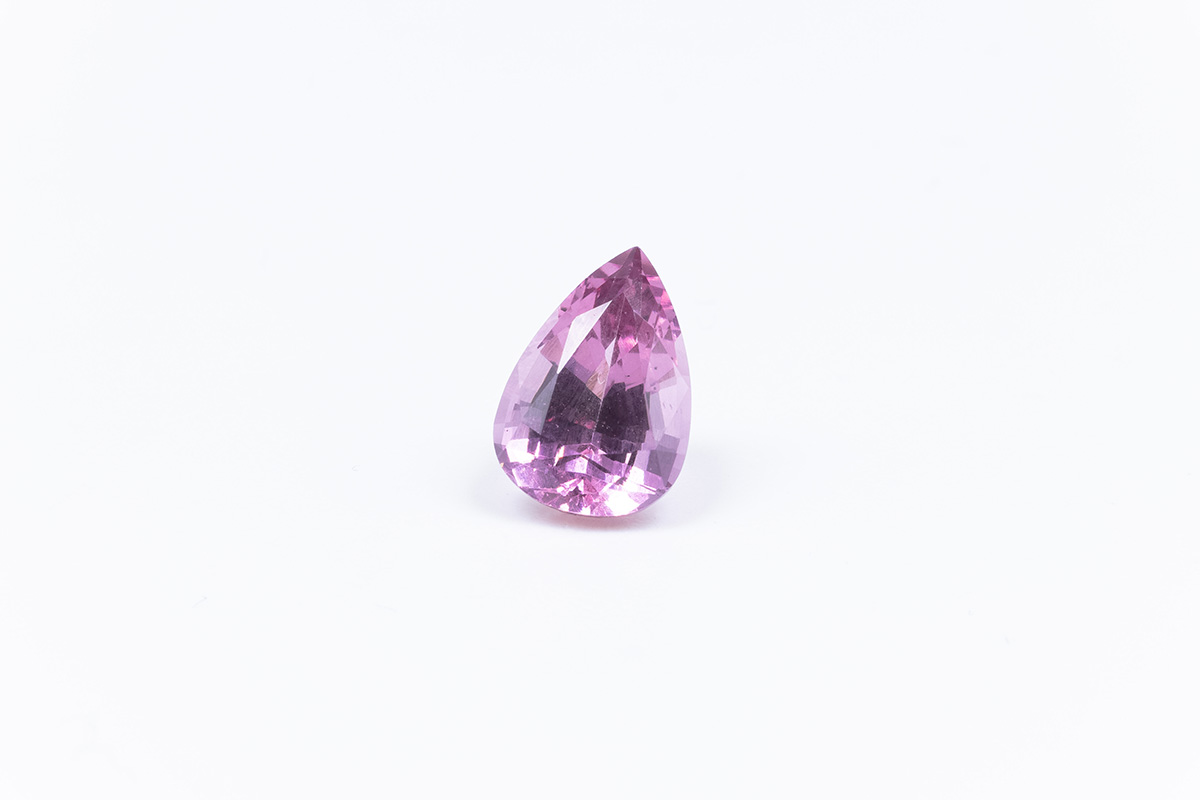
Spinel
€1,300.001,94 ct. | IV/BGLA -
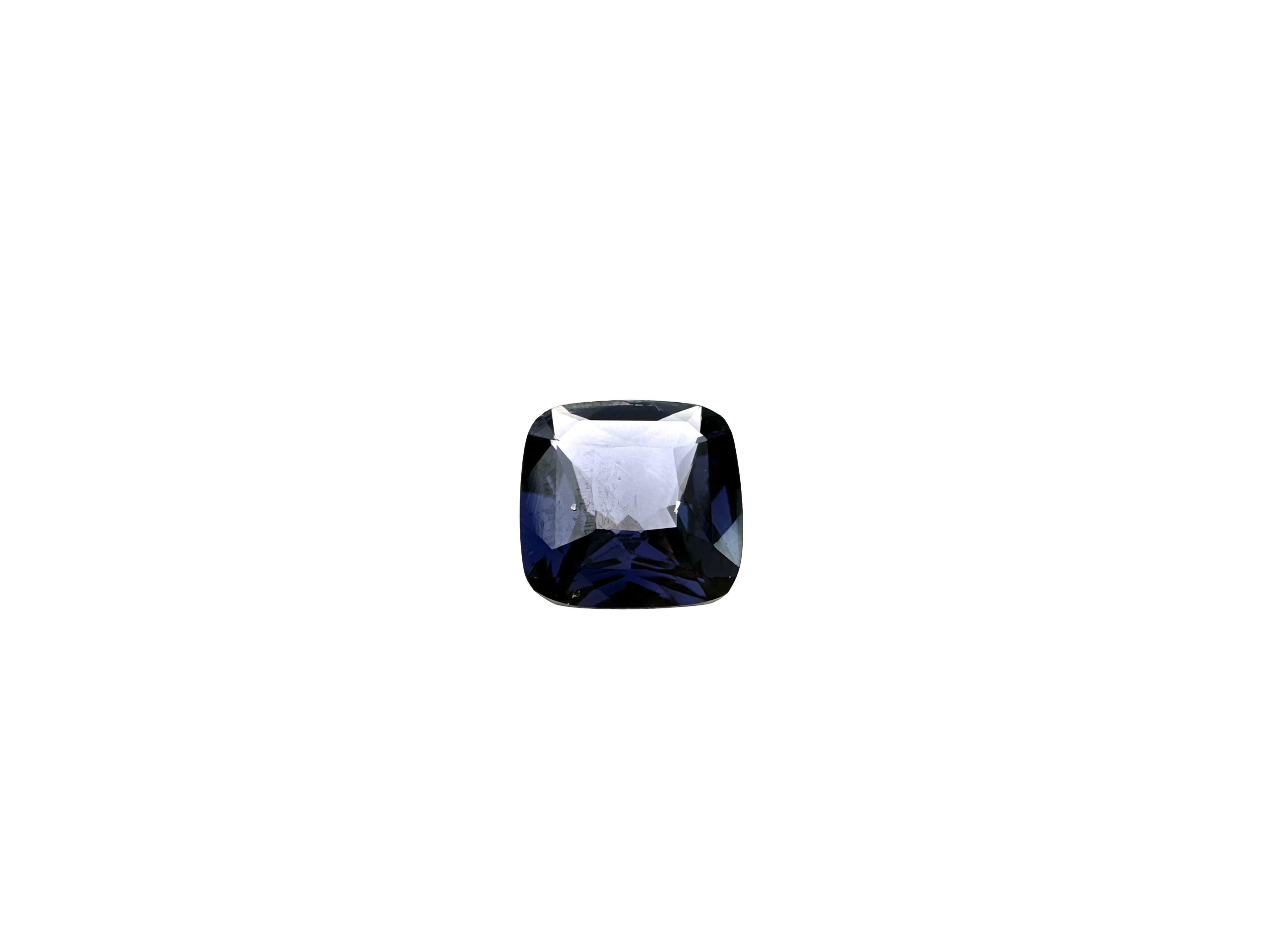
Spinel
€1,200.002,519 ct. | VI/BGLA -
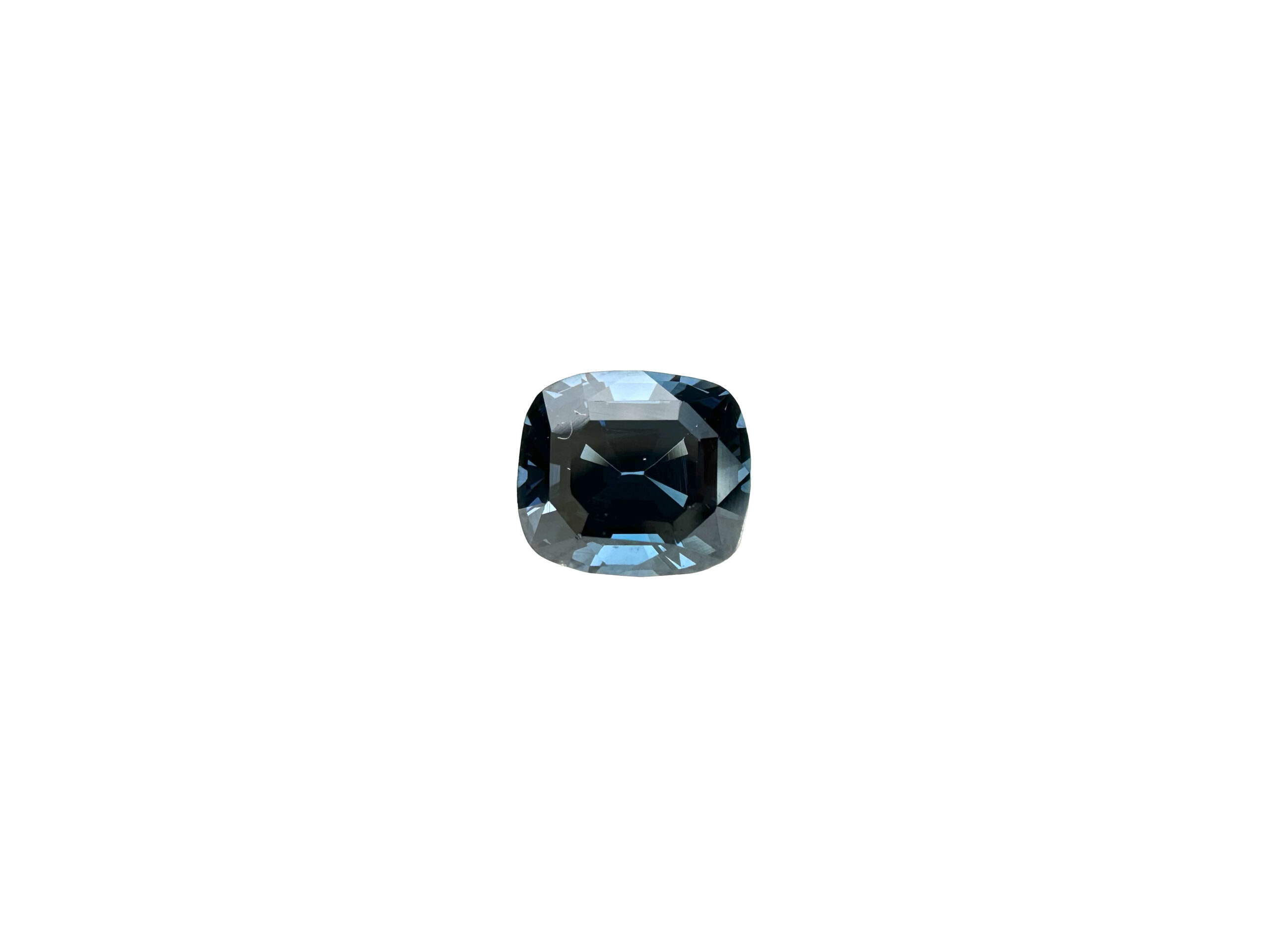
Spinel
€1,100.002,182 ct. | VI/BGLA -
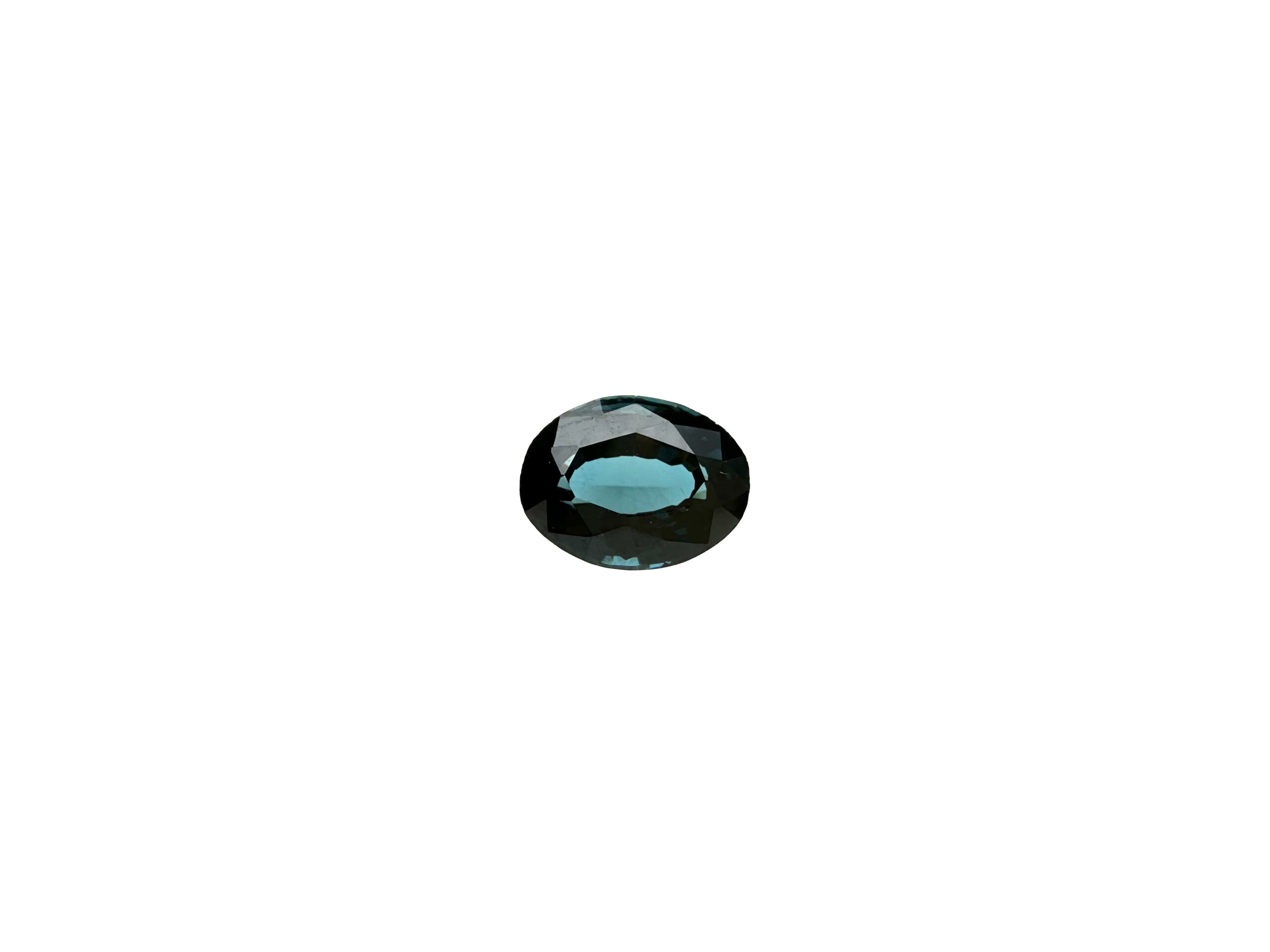
Spinel
€600.001,469 ct. | VI/BGLA -
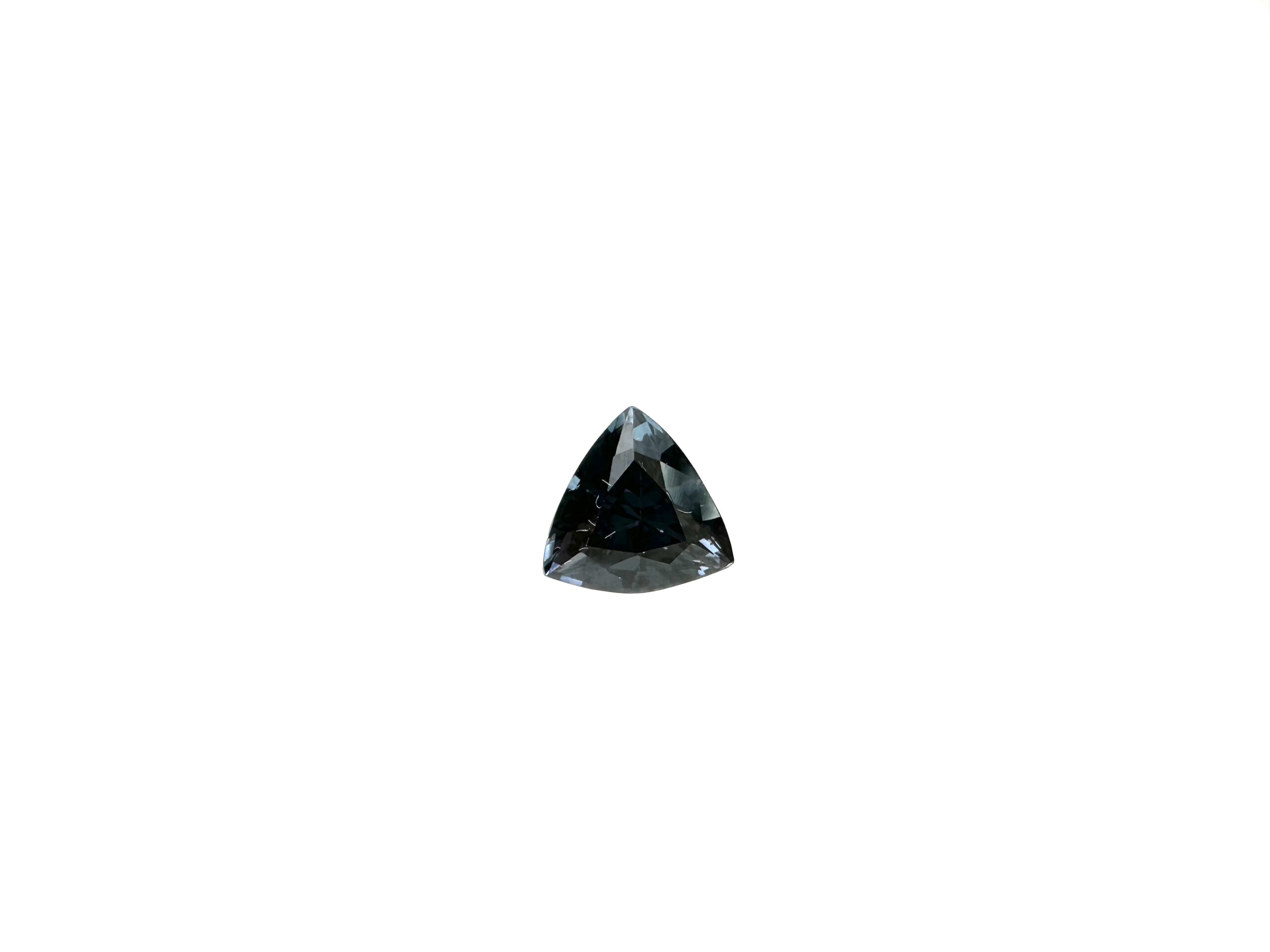
Spinel
€700.001,395 ct. | V/CGLA -

Spinel
€700.001,396 ct. | V/CGLA -
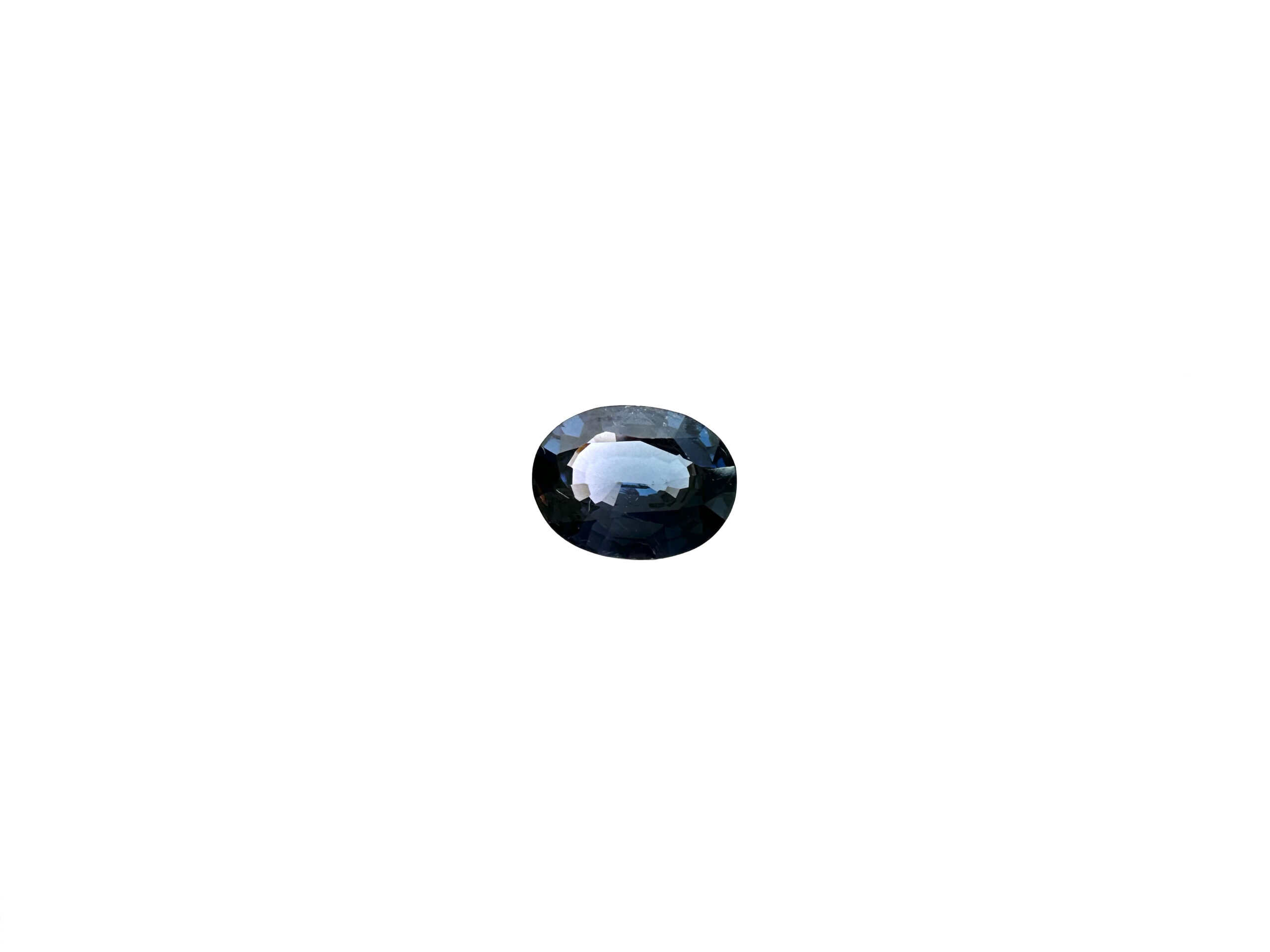
Spinel
€600.001,232 ct. | V/CGLA -

Spinel
€600.001,190 ct. | V/CGLA -
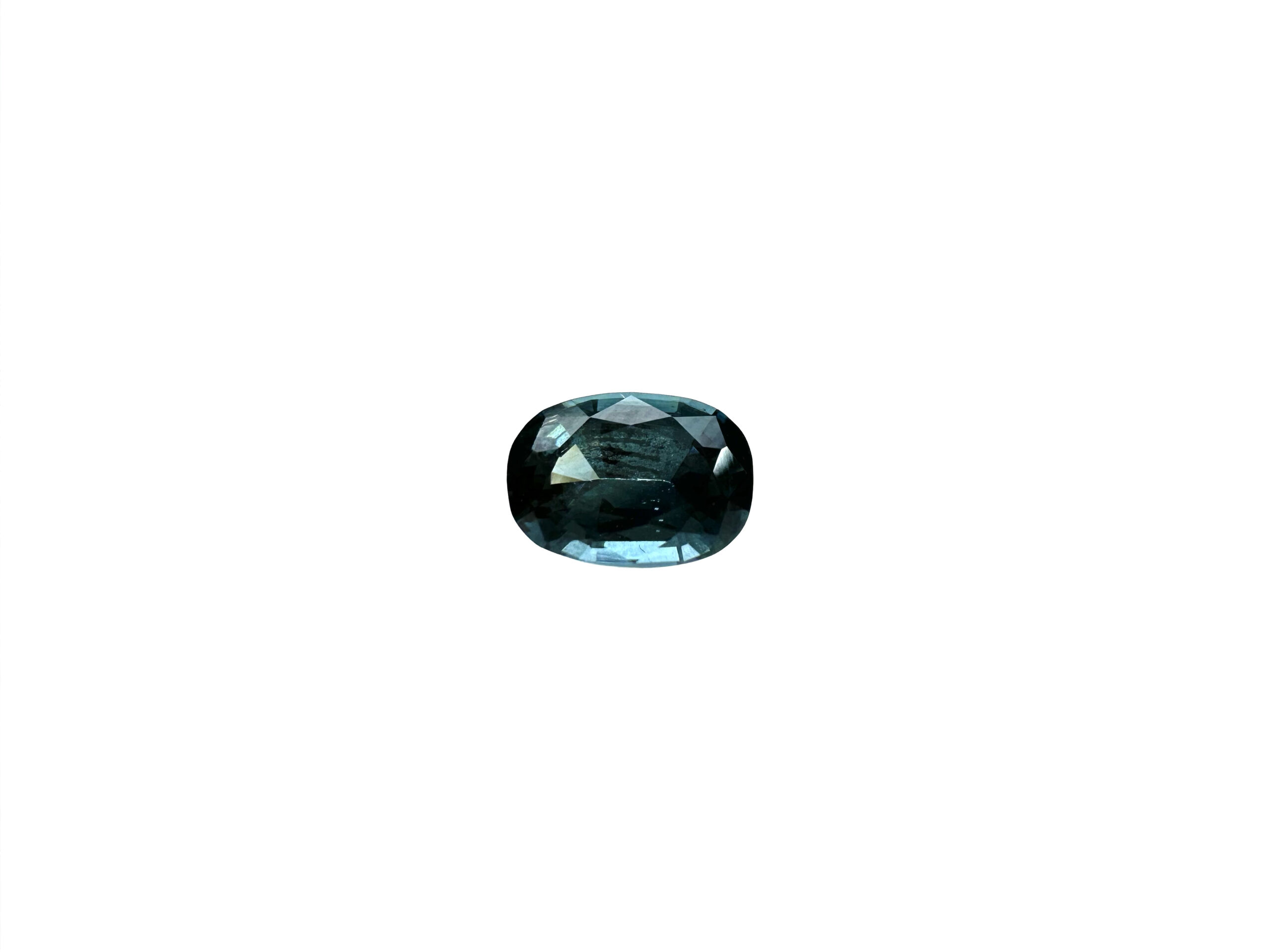
Spinel
€550.001,192 ct. | V/CGLA -
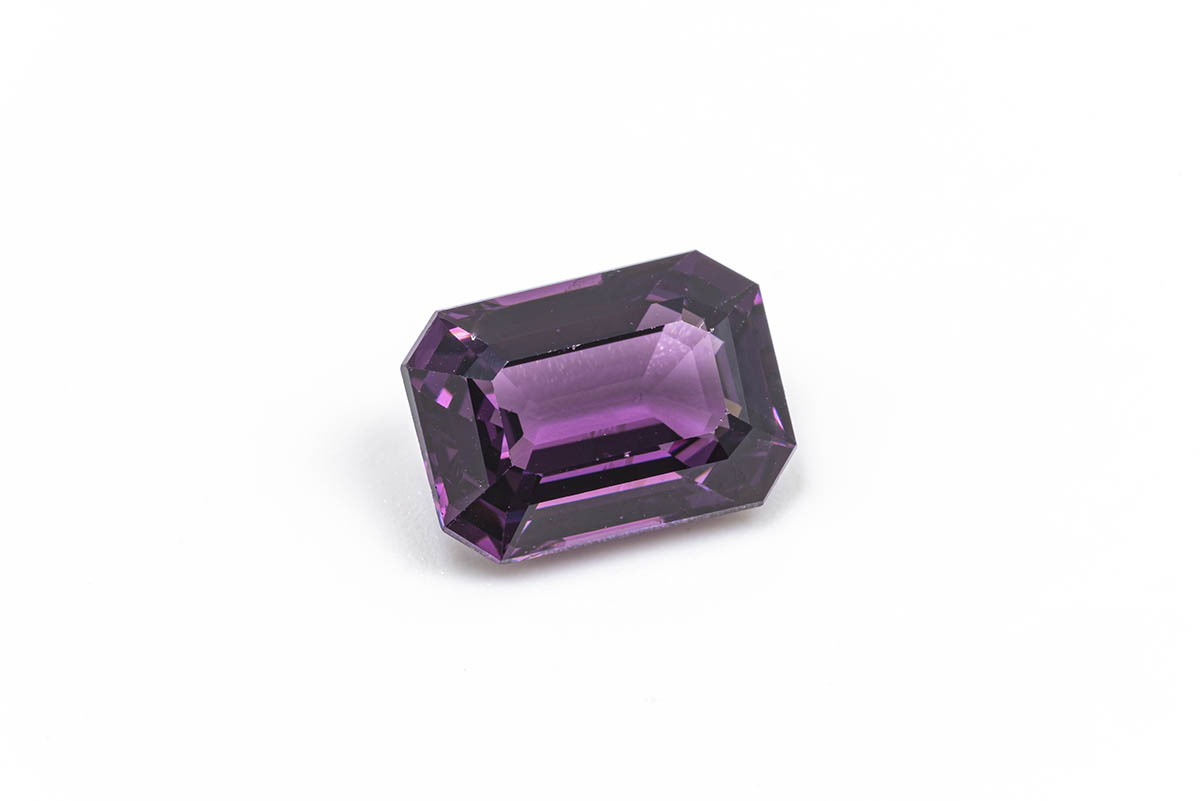
Spinel
€1,600.006,988 ct. | V/CGLA -
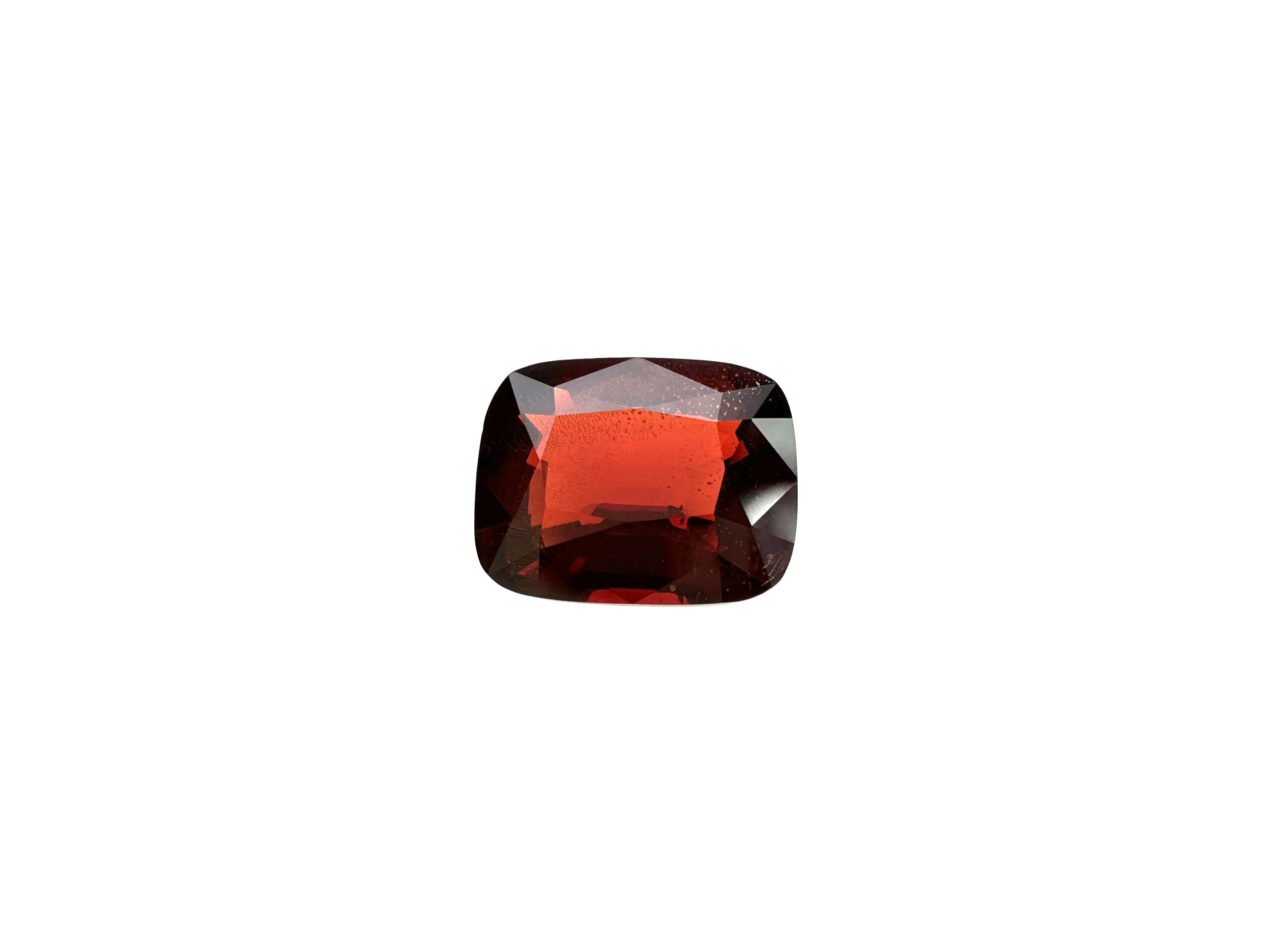
Spinel
€1,700.003,847 ct. | VII/CGLA -
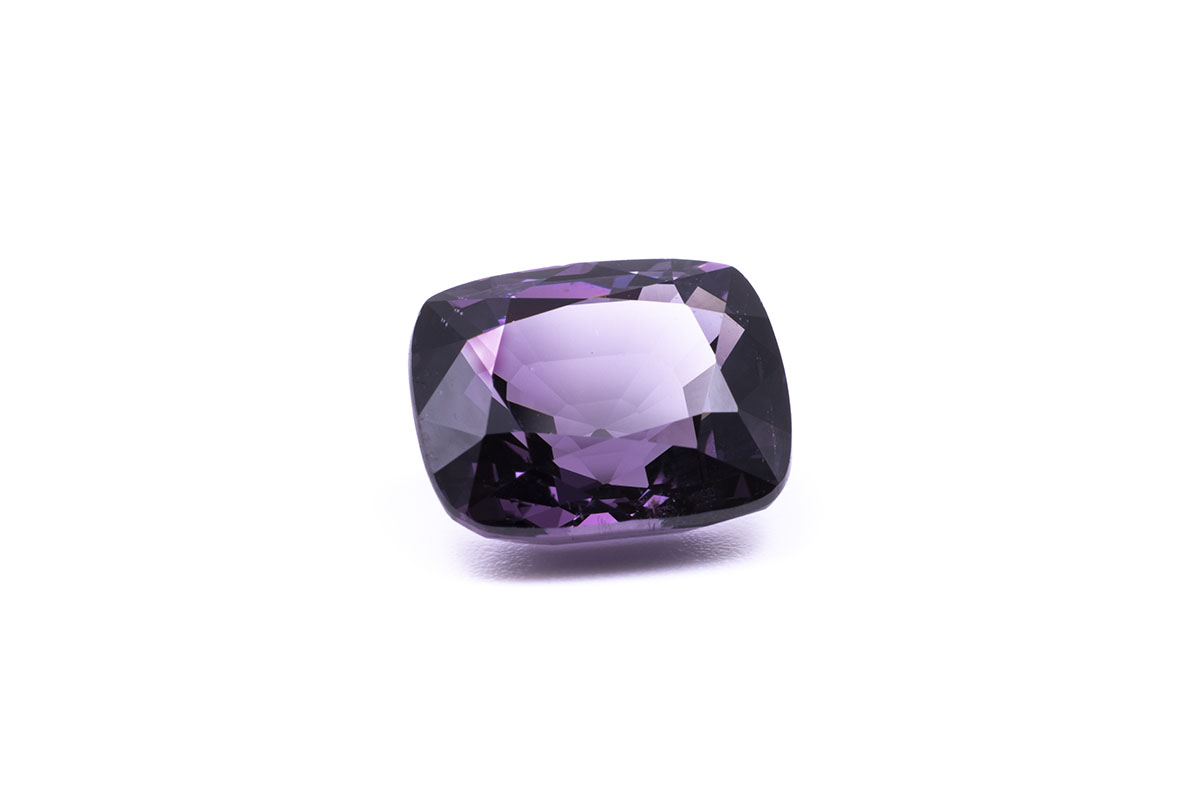
Spinel
€3,000.007,694 ct. | VI/BGLA